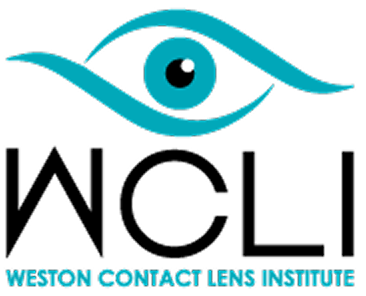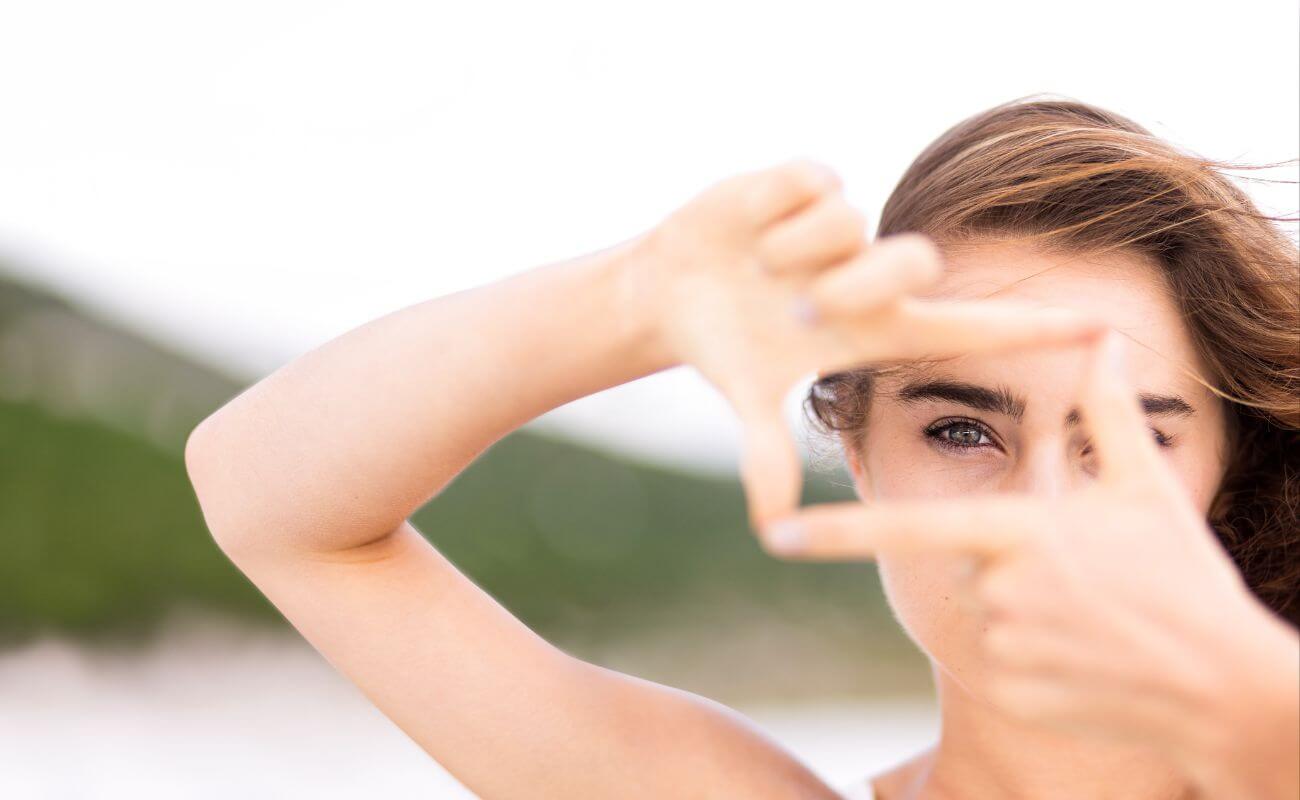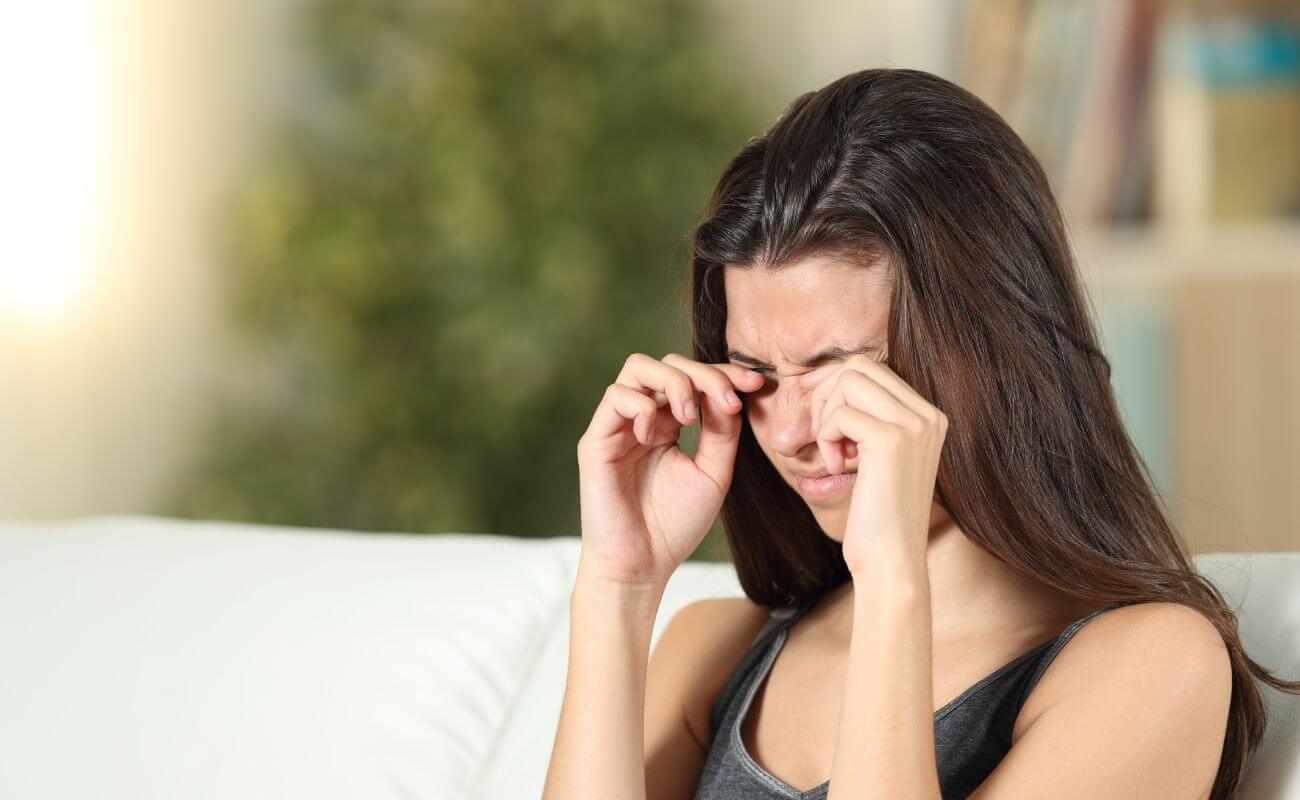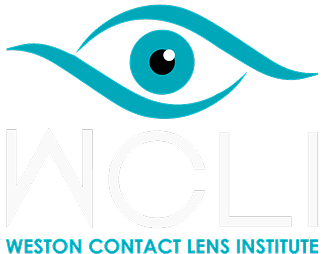Myopia, also known as nearsightedness, is a common condition typically diagnosed in young children. Symptoms include poor distance vision, headaches, and eye strain. Due to these symptoms, kids with myopia may struggle to thrive at school and in sports. Without management, myopia can continue to worsen and increase the risk of developing conditions like cataracts and glaucoma later on.
What Is Ortho-K?
Orthokeratology (Ortho-K) lenses are rigid contact lenses worn overnight to correct vision. Ortho-K lenses are custom-made to fit the patient’s eye shape precisely, making them comfortable to wear while sleeping. Overnight, the Ortho-K lenses reshape the cornea, allowing the wearer to remove the lenses in the morning and enjoy clear vision throughout the day without needing glasses or contact lenses!
Why Is Myopia Management Important?
Without careful management, myopia will continue to progress, gradually increasing symptoms that can be challenging to manage. Myopia progression may necessitate frequent prescription changes for glasses or contact lenses. Uncontrolled myopia progression increases the risk of developing severe eye conditions later in life.
As it develops, myopia becomes ‘high myopia,’ which increases the likelihood of conditions such as retinal detachment, glaucoma, cataracts, and macular degeneration. These conditions can lead to permanent vision loss or blindness. It’s so important to prioritize myopia management in children while they are young to prevent vision complications.
Why Do Kids Need Alternatives to Eyedrops?
One common myopia management option is low-dose atropine eye drops. While generally well-tolerated, the main drawback is that children still need to wear glasses or soft contact lenses during the day for vision correction. Younger children may struggle with contact lenses due to hygiene challenges, and glasses are often lost or broken, which can become costly over time.
Children who participate in physical activities like running, swimming, and group sports are also more likely to damage their glasses, dislodge their lenses, or develop infections. Orthokeratology lenses provide an alternative management method, enabling children to participate in daily activities without requiring additional vision correction.
What Is the Role of Ortho-K in Myopia Management?
Myopia develops when the eye gradually elongates over time, causing light to focus in front of the retina rather than directly on it. This results in blurred distance vision.
There are different methods for managing myopia progression, but each technique presents unique challenges for children. Two of the most common treatments are Atropine eye drops and Ortho-K lenses. While Atropine drops can slow myopia development, they are not meant for every patient. Additionally, your child may be allergic to Atropine, and they can also experience side effects such as stinging, light sensitivity, and dry mouth.
Orthokeratology lenses are an excellent alternative because they work while the child is asleep. Ortho-K corrects myopia by gently reshaping the cornea (the clear dome of the eye) to eliminate the refractive errors. When the child wakes up and removes the lenses, their myopia will be temporarily corrected. With consistent use, Ortho-K lenses can slow the progression of myopia by up to 50%, significantly reducing the risk of developing more severe conditions later in life.
What Are the Benefits of Ortho-K for Kids?
Ortho-K lenses give children the freedom to play and participate in physical activity without worrying about losing their glasses or contact lenses. This benefit of less concern extends to parents while their children are at school. Furthermore, while it is advisable to wear Ortho-K lenses every night, your child may occasionally skip wearing them if they are away from home.
Children who regularly participate in outdoor activities are more likely to get dirty, which increases the risk of touching their face and eyes with contaminated hands. Touching the face can introduce bacteria to the eyes and contact lenses, potentially leading to infection. Orthokeratology lenses enable children to enjoy being children and significantly reduce parental concern.
In addition, slowing the progression of myopia minimizes the risk of developing vision-threatening disorders, making Ortho-K lenses an ideal method for children between 5 and 18 years old. It’s crucial to start managing your child’s myopia as soon as possible to prevent progression before it becomes problematic.
Help Your Child Thrive With Ortho-K
If you’re interested in exploring Ortho-K lenses for your child, contact Weston Contact Lens Institute to schedule an appointment with our myopia experts. We will perform a thorough examination to determine which myopia management method best suits your child and your lifestyle. We use advanced mapping technology to design custom Ortho-K lenses customized to your child’s eyes, helping to ensure a comfortable overnight fit and effective vision correction.






